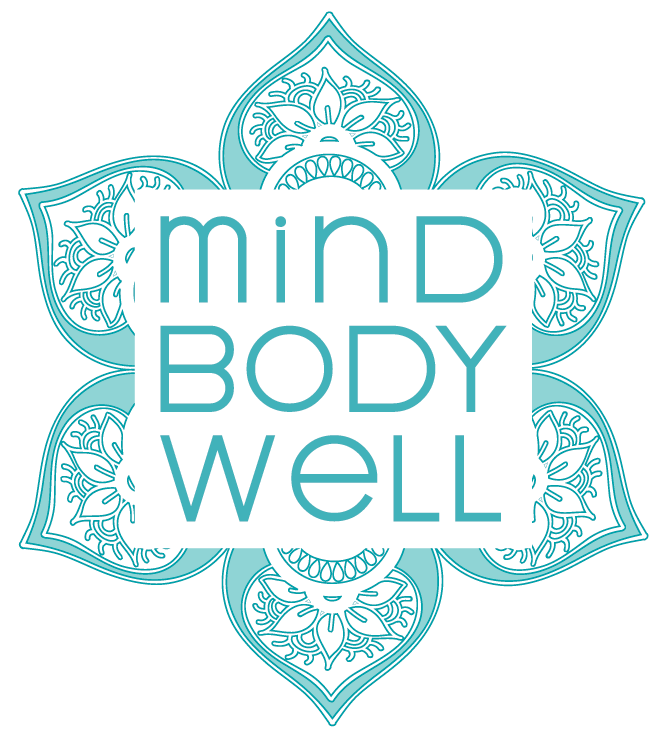High Cholesterol
Managing High Cholesterol: How a Non-Diet Dietitian Can Help
High cholesterol is a common health concern that can increase the risk of heart disease and stroke. While many people are advised to follow restrictive diets to manage cholesterol, there is a more sustainable approach that focuses on long-term habits and balanced eating, rather than short-term fixes: working with a non-diet Dietitian.
A non-diet Dietitian helps you make lasting changes that support your overall health, without relying on restrictive eating or calorie counting.
What is High Cholesterol?
Cholesterol is a fatty substance necessary for building healthy cells. However, too much cholesterol can lead to plaque buildup in your arteries, which may cause cardiovascular problems. There are two main types of cholesterol:
Low-Density Lipoprotein (LDL)
Often called “bad” cholesterol, high levels of LDL can contribute to plaque buildup in arteries.
High-Density Lipoprotein (HDL)
Known as “good” cholesterol, HDL helps remove LDL from the bloodstream.
Managing cholesterol involves making dietary and lifestyle changes that improve heart health and reduce risk.
How a Non-Diet Dietitian Can Help
Unlike menopause, there is no male equivalent where hormone levels drop suddenly. However, testosterone levels often gradually decline with age. Testosterone production is also sensitive to nutrition status — bodies that are undernourished may experience a decline in testosterone levels.
When testosterone drops quickly or falls very low (hypogonadism), it can impact physical and mental health, including:
- Decreased libido or difficulty getting or maintaining erections
- Difficulty gaining or maintaining muscle mass
- Low mood or reduced sense of wellbeing
- Loss of bone strength and increased risk of fractures
- Increased risk of developing metabolic conditions
A non-diet Dietitian focuses on creating a balanced approach to eating, without the need for restrictive diets. Here’s how they can help you manage high cholesterol:
1. Personalised Guidance
Rather than following a one-size-fits-all diet, a non-diet Dietitian works with you to create a sustainable, personalised plan that fits your health needs and lifestyle.
2. A Healthier Relationship with Food
A non-diet Dietitian promotes a balanced relationship with food, helping you move away from restrictive thinking. They guide you in nourishing your body with a variety of foods that support heart health.
3. Incorporating Whole Foods
Including more whole foods like fruits, vegetables, whole grains, and legumes can help lower LDL cholesterol levels. A non-diet Dietitian will guide you in incorporating these foods into your meals, focusing on nutrition rather than restrictions.
4. Mindful Eating
Mindful eating can help you become more in tune with your body’s hunger and fullness cues, encouraging mindful eating to improve satisfaction with meals.
5. Healthy Fats
Certain fats, such as those found in avocados, nuts, and olive oil, can help improve cholesterol levels. A non-diet Dietitian shows you how to include these heart-healthy fats in your diet.
Managing high cholesterol doesn’t have to involve restrictive dieting. A non-diet Dietitian offers practical, sustainable advice to help you make lasting changes that improve your cholesterol and overall health. Contact us if you would like to enquire about seeing one of the experienced Dietitians at Mind Body Well.
